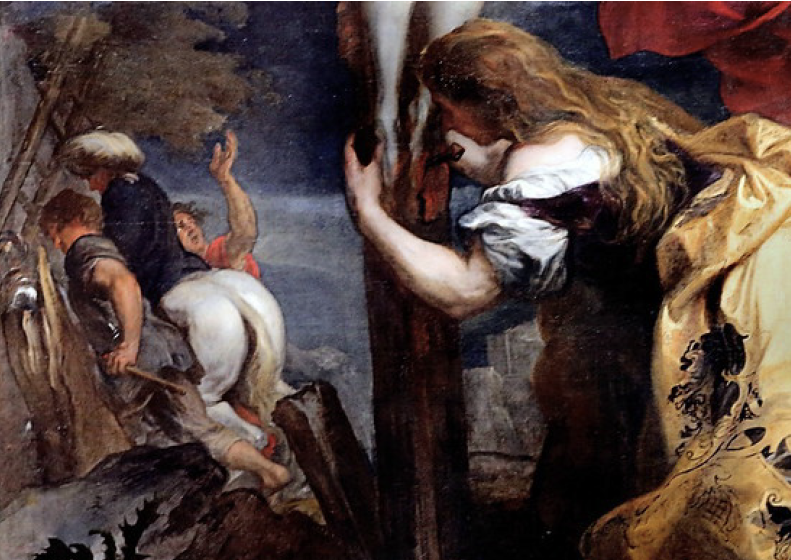The following is the second of a two-part series. The first can be found here. The entire article appears in Issue 22.1 of the Journal for Cultural and Religious Theory. The Morality of the Bible Spinoza thus describes two different kinds of representative cognition. On the one hand a cognitio ex signis always remains inside the limits […]
Tag: Maimonides
The Imagination In Spinoza – The Moral Good Between Prophecy And The Amor Dei Intellectualis, Part 1 (Caterina De Gaetano)
The following is the first of a two-part series. The entire article appears in Issue 22.1 of the Journal for Cultural and Religious Theory. Spinoza’s Tractatus Theologico-Politicus is a book in which the author’s mature ideas about the epistemological capacities of the human being are used to propose a configuration of political roles, religious power, and general […]
Tsimtsum In Life Of Pi, Part 1 (Daniel Reiser)
The following is the first of a four-part series. Introduction* Yann Martel’s 2001 bestselling novel Life of Pi, later released in 2012 as a prize-winning box office hit, addresses themes such as religion, faith, imagination, and their relation to psychology and human life; hope and despair; and the struggle with human nature. The author promises […]
Spinoza’s Theory of Religion – Stabilized Superstition (Ehud Benor)
The best interpretations of Spinoza’s philosophy would lead us to believe that, for Spinoza, religion is superstition. Henry Allison’s account is an excellent example.1 As he proceeds to discuss Spinoza’s views concerning revelation, scripture and religion, the subject matter of the Tractatus Theologico-Politicus, Allison writes: Spinoza’s general attitude to the claims of revealed religion is already […]



